Thanks to the pandemic, Mortal Kombat 11 (2019) still feels somewhat recent. But it’s actually been more than four years since its release, and NetherRealm hasn’t snuck in a third Injustice installment in the meanwhile. It appears that Warner Bros. Games’ orders were to double down on Mortal Kombat following MK11’s killer financial performance since it launched. Enter Mortal Kombat 1, yet another reboot of the long-running series arriving roughly 12 years after Mortal Kombat (2011) – often called Mortal Kombat 9 for clarity purposes – did the same, albeit in more traditional fashion.
The main gimmick behind Mortal Kombat 1 seems to be a truly rebooted universe, meaning it’s less of an in-continuity retelling like the last three games and more of a totally clean slate created by Fire God Liu Kang (yes, really). The character dynamics between veteran Mortal Kombat legends have been redefined, and things are promised to be unpredictable moving forward. However, this universe – created by Liu Kang to avoid past mistakes – already seems to be hitting some roadblocks, including a Shang Tsung that appears to be as evil as ever. If Mortal Kombat 11 somehow deals with the inevitability of certain events across different universes and the cosmic rules that not even a god who controls time can bend, I wouldn’t be surprised.
Moving on to the actual kombats and the visual presentation, we can tell NetherRealm was clearly happy with how things turned out with Mortal Kombat 11. The new entry might be the most continuist one in a while, with only the Kameo Fighters feature adding a new major element to the game to spice things up. And yet, veteran fans clearly remember the Tag-Team system in Mortal Kombat 9, which provided both assists and the option to control two characters in a single match.
As much as the studio is trying to hype up Kameo Fighters – mostly because the feature introduces a second roster of characters, including long-absent faces – I can’t help but feel we’ve been terribly short-changed. In fact, seemingly minor updates such as quick dashes, up/flawless blocks, and air combos may have a bigger impact on how the game plays versus its predecessors.
This also highlights a long-standing issue I have with Mortal Kombat (a series which is among my favorites otherwise): NetherRealm loves to forget about past innovations when coming up with new ones. Kameo Fighters feel like the studio gaslighting the kommunity into believing Tag-Team was never a thing so it can be repackaged as something new, but hey, at least they recovered something from Mortal Kombat’s extremely rich history when it comes to gameplay.
For the longest time, I’ve wondered about where Death Traps went after Armageddon. Since MK9 was a reboot which aimed to honor the very first games, it made sense to not recover them. More than 12 years later, it’s just plain weird that we haven’t been able to kick Baraka into a giant meat grinder again. Yes, “stage fatalities” are a thing (and not a new one), but that sudden death element in the middle of matches was the kind of thing that used to set Mortal Kombat apart from the competition.
Of course, Death Traps wouldn’t have a place in competitive matches, but then again, true fun is largely banned from competitive gaming as a whole. We’ve already lost the soul of too many FPS series to eSports, and gradually sacrificing an IP as traditionally goofy as Mortal Kombat to the same type of creative direction would kinda suck. Just give us the option to deactivate the fun-but-unbalanced stuff, but leave it in!
Even more baffling is the absence of Hara-Kiris, which were just alternative finishers to avoid getting humiliated by opponents. Somehow, they only existed in Mortal: Kombat Deception and its PSP version, Unchained. They didn’t affect the kombats in any way. They were just this thing that felt especially Mortal Kombat and added another layer of competition once the confrontation was over. Did they never return because publishers thought horribly gruesome murders were fine but suicides weren’t? Who knows!
Okay, let’s work with the idea that NetherRealm doesn’t want to mess with the formula they’ve been perfecting since Mortal Kombat 9 and that Hara-Kiris are out of limits for some odd reason. That doesn’t explain why Kreate-a-Fighter hasn’t made a return in the age of player customization and creativity being encouraged all over. Soulcalibur found a way to make OCs perfectly fine to use in competitive matches by locking movesets to those of existing characters, but Armageddon’s one-off experiment – a bit more flexible – was yet another great feature later lost to the sands of time. Why can’t it make a return following Soulcalibur’s approach? Gamers love their OCs!
Some might argue a return of the Kreate-a-Fighter system would require more time and resources, but we’re talking about one of WB Games’ best-selling franchises ever, plus it’s not like Injustice 2 and Mortal Kombat 11 weren’t bloated with a microtransaction-friendly gear system that literally no one asked for. “What if customization but bad and only aimed at raising stats in a fighting game?” Kindly fuck off.
I ain’t even getting into how much Chess, Puzzle, and Motor Kombat rocked, as those weren’t part of the main Mortal Kombat experiences back in the day, but you can infer what my point with all this rambling is: Mortal Kombat used to be unique in the gaming space thanks to more than just ridiculous gore and the silliest universe-building ever. It has improved its position as a major fighting game franchise that can be taken seriously for competitive play, but at the cost of much of its wackier side. Some recent elements like MK11’s Krypt – very reminiscent of the PS2-era Konquest Mode – keep the hope alive, yet I fear we’ll never return to a looser take on the IP.

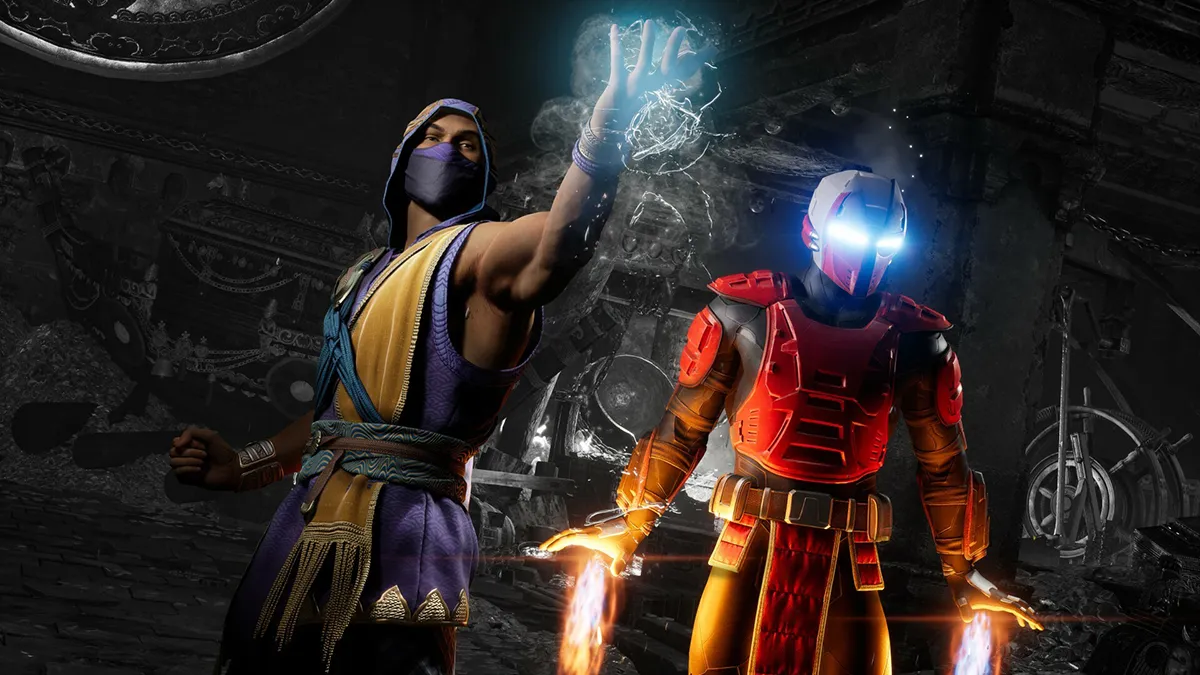
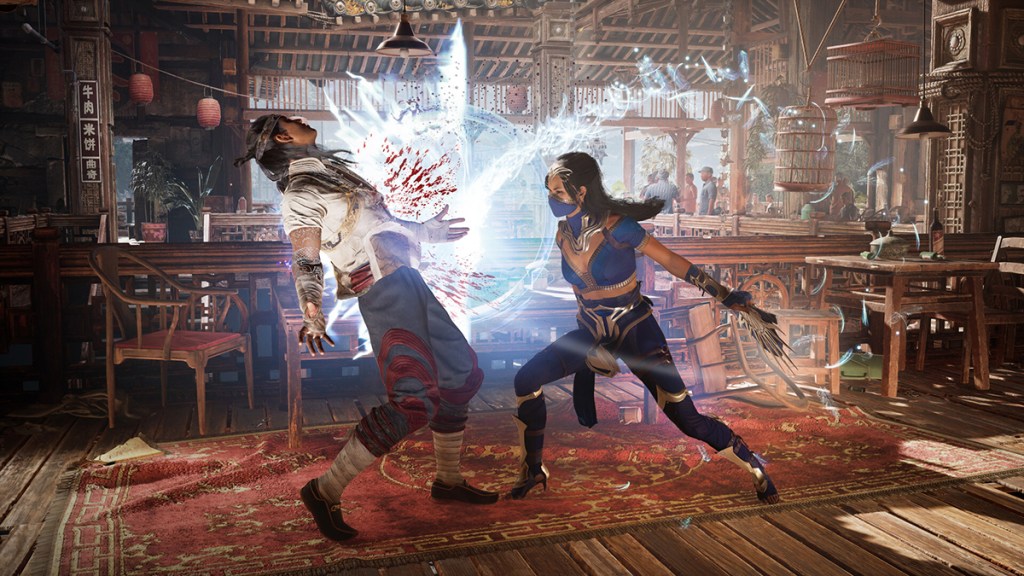
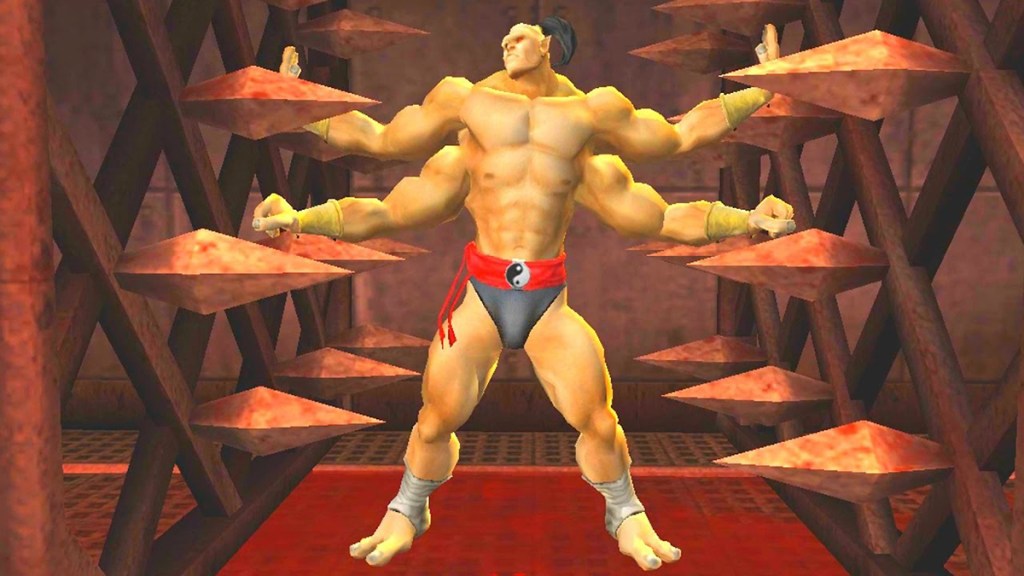
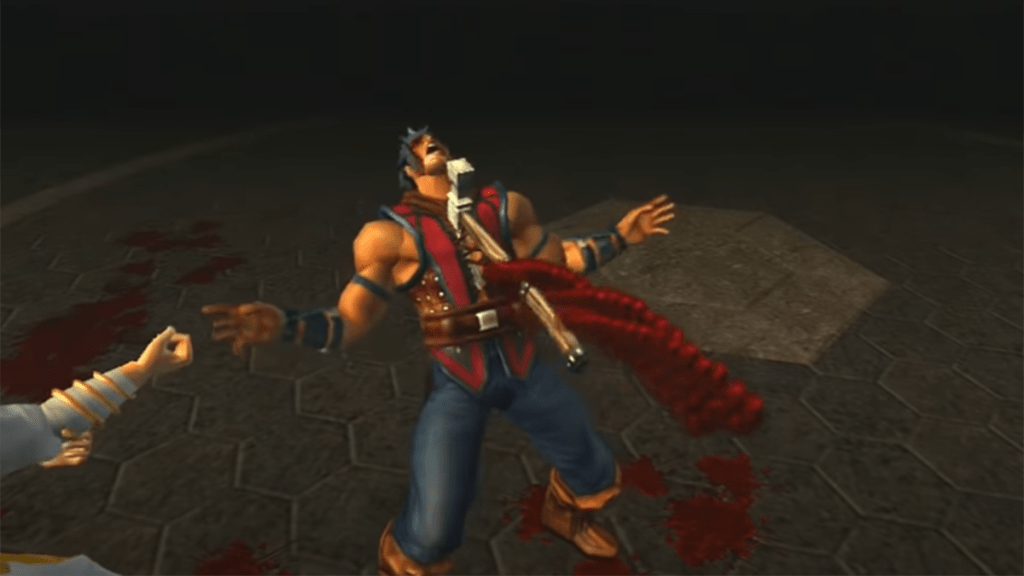
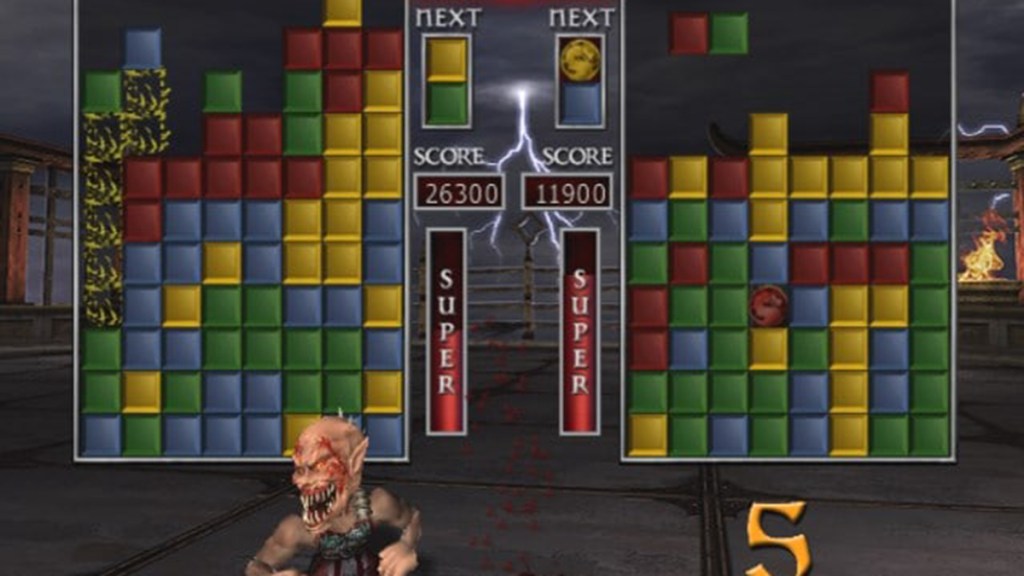




Published: Aug 20, 2023 12:00 pm